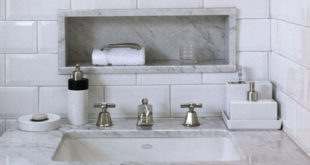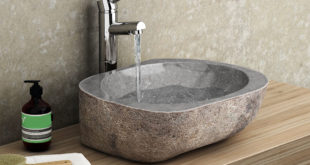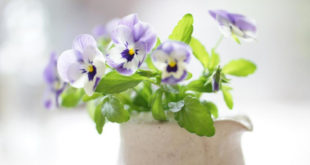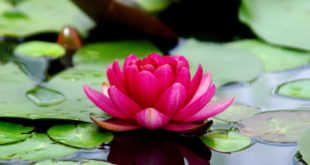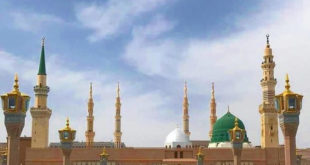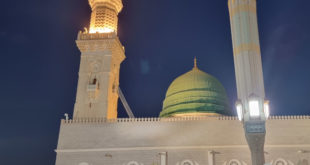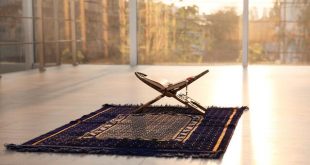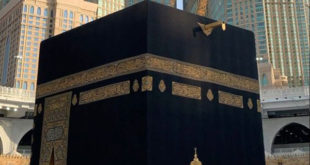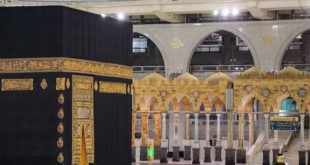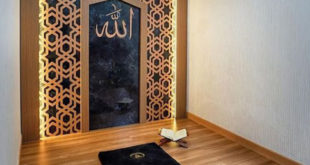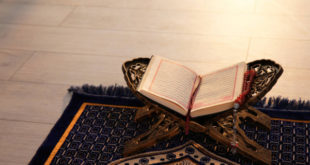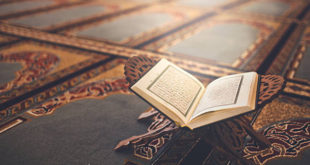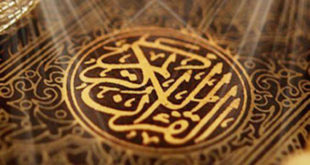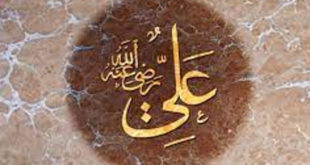The Tawakkul of Rasulullah (sallallahu ‘alaihi wasallam) عن أنس بن مالك قال كان النبي صلى الله عليه وسلم لا يدخر شيئا لغد (الشمائل المحمدية للترمذي، الرقم: 337) Translation: Hazrat Anas bin Maalik (radhiyallahu ‘anhu) reports that Nabi (sallallahu ‘alaihi wasallam) would not store anything for the next day.” Commentary: In …
Read More »Recent Posts
February, 2020
-
24 February
The Essence of the Effort of Tableegh
Hazrat Moulana Muhammad Ilyaas (rahmatullahi ‘alaih) once mentioned the following: The essence of our effort of Tableegh is to learn Deen from our seniors and to pass it on to our families and those upon whom we have influence. We should consider the people to whom we pass on Deen …
Read More » -
21 February
General Masaail Pertaining to Relieving Oneself
1. Q: Is it permissible for one to read literature such as newspapers and magazines, or use his phone to chat, browse the net, etc. while in the toilet? A: The toilet is a place where one relieves oneself, hence it is undesirable for one to use his phone or …
Read More » -
21 February
Sunnats and Aadaab of Relieving Oneself – Part 7
1. After relieving yourself, wait for the remaining droplets of urine to come out before making wudhu.[1] 2. When using the toilet, do not leave it in a dirty condition e.g. by messing around the pan or on the floor, by not flushing, etc. If you are using a toilet …
Read More » -
21 February
Sunnats and Aadaab of Relieving Oneself – Part 6
1. When making istinjaa, use clods of sand (or toilet paper) as well as water to clean yourself. Ensure that you fill the jug with water before relieving yourself, as you may put yourself through difficulty if there is no water.[1] عن أبي هريرة رضي الله عنه عن النبي صلى …
Read More »
-
Tafseer of Surah Naazi’aat
وَ النّٰزِعٰتِ غَرۡقًا ۙ﴿۱﴾ وَّ النّٰشِطٰتِ نَشۡطًا ۙ﴿۲﴾ وَّ السّٰبِحٰتِ سَبۡحًا ۙ﴿۳﴾ فَالسّٰبِقٰتِ سَبۡقًا ۙ﴿۴﴾ …
Read More » -
The Extreme Generosity of Hazrat Talhah (radhiyallahu ‘anhu)
-
Securing the Blessings of Ramadhaan, Umrah and Hajj – The Tolerance of Rasulullah (sallallahu ‘alaihi wasallam) – The Orchards of Love – Part Seventy Three
-
Receiving the title of Al-Fayyadh from Rasulullah (sallallahu ‘alaihi wasallam)
-
Hazrat Talhah (radhiyallahu ‘anhu) Fulfilling his Pledge
-
Receiving Seventy Rewards
Hazrat Abdullah bin Amr bin Aas (radhiyallahu ‘anhuma) reported, “Whoever sends salutations upon Nabi (sallallahu ‘alaihi wasallam) once, Allah Ta‘ala and His angels will send seventy mercies and blessings upon him in return of his one Durood. Hence, whoever wishes to increase his Durood should increase it, and whoever wishes to decrease his Durood should decrease it (i.e. if he wants to earn great rewards, then he should increase his Durood).”
Read More » -
Increase in Sustenance
-
The Reward of Fasting on the Day of Arafah
-
The Angel that Stands at the Blessed Grave of Hazrat Rasulullah (sallallahu ‘alaihi wasallam) to Convey the Durood of the Ummah
-
Reciting Durood when Entering the Musjid
-
Sunnats and Aadaab of the Host – 2
2. Entertaining and hosting guests is a means of attaining great barakah (blessings) from Allah …
Read More » -
Sunnats and Aadaab of the Host – 1
-
Sunnats and Aadaab which every person needs to adhere to in his individual life – 9
-
Sunnats and Aadaab which every person needs to adhere to in his individual life – 8
-
Sunnats and Aadaab which every person needs to adhere to in his individual life – 7
-
Hazrat Ali (radhiyallahu ‘anhu) – Part Forty-One – Being Sent by Rasulullah (sallallahu ‘alaihi wasallam) to Level the Graves, Destroy Idols and Erase Pictures
Hazrat Ali (radhiyallahu ‘anhu) reports that on one occasion, Rasulullah (sallallahu ‘alaihi wasallam) attended a …
Read More » -
Rasulullah (sallallahu ‘alaihi wasallam) Approving of the Verdict of Hazrat Ali (radhiyallahu ‘anhu) – Part Forty
-
The True Ulamaa – Hazrat Ali (radhiyallahu ‘anhu) – Part Thirty Nine
-
Du‘aa for Assistance in Settling Debts – Hazrat Ali (radhiyallahu ‘anhu) – Part Thirty Eight
-
The Concern of Hazrat Ali (radhiyallahu ‘anhu) regarding Business being Conducted According to the Islamic Principles – Part Thirty Seven
 Ihyaaud Deen An Effort to Revive Deen in Totality
Ihyaaud Deen An Effort to Revive Deen in Totality


